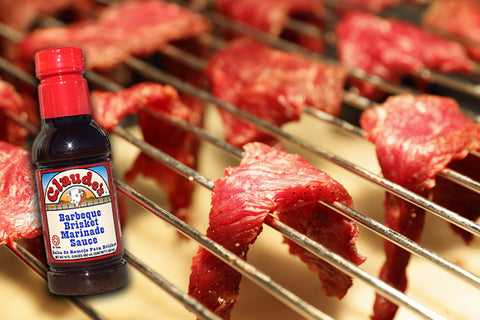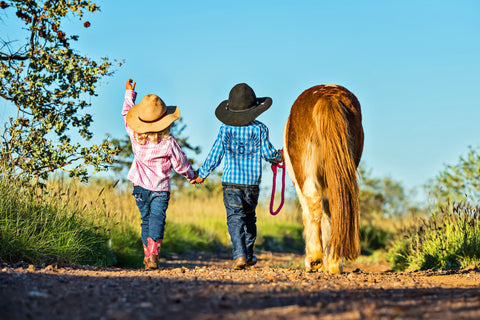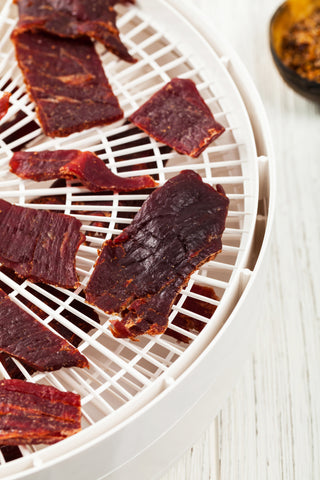
Those lazy days of summer. Hiking, biking, swimming and grilling, these are the days we all dream of during the colder months.
One memory of summer is hiking and exploring as kids. Sure, our pockets were filled with fascinating finds of all sorts, but they were also filled with beef jerky!
As kids we thought it was super food that the cowboys would take with them on trail rides and we’d often find ourselves role playing western theme’s all because we were eating inspiration!

To be both fair and accurate, beef jerky wasn’t a food fetish that cowboys loved, it was one of just a hand full of ways to preserve the few food items that pioneers had on hand to ensure they had something to eat months later!
Remember these were the days before electricity and refrigerators! Living in the Southwest meant that food preparation was a chore much tougher than anyone could imagine today. Imagine having a steer or buffalo carcass in front of you, it’s July and you’ve been given the job of figuring out how to keep it from spoiling, for months to come!
One of the ways to preserve meat was salting and drying and that is where the history of beef jerky starts.
Here is one recipe that has been handed down for over a hundred years. Sure, they didn’t have a bottle of Claude’s BBQ Brisket Marinade back then but they did make up for it during drying with the same ingredients you’ll find in our world famous marinade!
Here’s the basics you’ll need:
- 3 pounds chuck roast cut into ¼ inch strips
- Claude's BBQ Brisket Marinade
- 4 quarts of water
- 2 cups of salt
- 1 cup sugar
- Black pepper
- Mashed Onion
Trim all the fat from the meat strips. You want zero fat as a goal, it doesn’t cure well.
Make up the brine solution, mixing all the ingredients together except for the BBQ Brisket Marinade.
Add the thinly sliced meat and mix through the brine solution until completely covered.
Place a plate, or similar, on top of the meat so it weighs down the meat under the brine and leave in the refrigerator for 24 hours.
Take the meat out of the brine and rinse off then place into a container with enough Claude’s BBQ Brisket Marinade to cover, let sit for 2 hours.

Remove excess liquid from meat by laying strips on paper towels before placing on dehydrator racks. Place strips on racks close together, but not overlapping each other.
Dry meat in dehydrator at 125 degrees for approx. 16 hours (adjust time and temp. as needed). Yields about 1 1/2 lbs. of some mighty fine jerky.
Now you can grab a broom handle for a horse, fill your pockets with beef jerky and be a cowboy once again!



